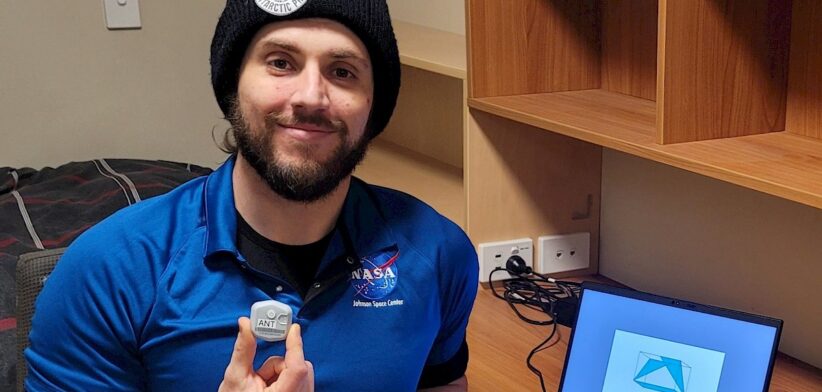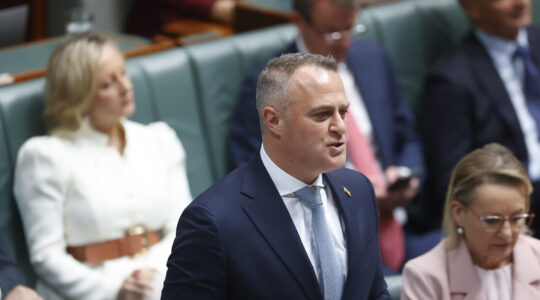Research under way in Australia’s Antarctic research stations will help prepare astronauts for long space flights.
Antarctic Division’s Polar Medicine Unit (PMU) Deputy Chief Medical Officer Dr John Cherry said the research would trial ways to measure changes in brain and body function during deployments.
“We know that Antarctic expeditioners experience a slowing of their cognition and changes in physiology over an Antarctic winter,” Dr Cherry said.
“These changes are very similar to the changes experienced by astronauts in both long and shorter duration spaceflight.”
He said the research, being conducted in collaboration with the Translational Research Institute for Space Health and University of Pennsylvania, was being conducted at Australia’s three Antarctic research stations and at Macquarie Island and would help optimise how astronauts and Antarctic expeditioners performed their work and improve safety.
“Both groups have reported declines in mood and motivation, and experience sleep disturbance, which can increase the chances of interpersonal conflicts, affect group cohesion and impact mission success.
“Understanding these changes and their impacts, will allow us to better support our expeditioners’ health and wellbeing, to ensure they’re operating at a high cognitive level before undertaking Antarctic duties.
“It will also help space agencies understand and reduce behavioural health risks for astronauts in future long duration spaceflight.”
Dr Cherry said the cognitive research required Antarctic expeditioners to perform a range of cognitive tests on a laptop, once a month, over winter.








